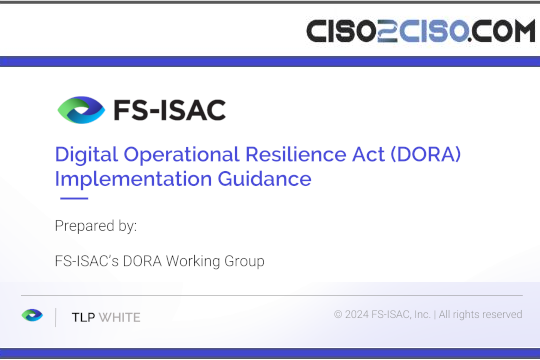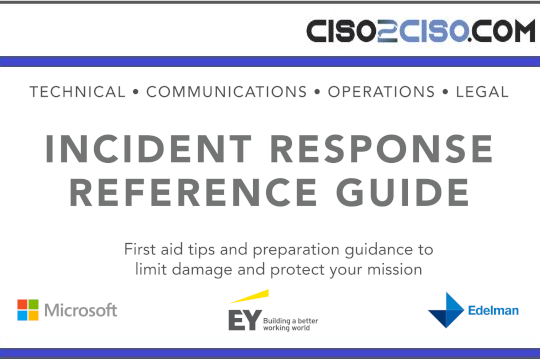Apple devices get urgent patch for zero-day exploit – update now!
27 MAR 2021 7Apple, Apple Safari, iOS, Vulnerability
Get the latest security news in your inbox.
Don’t show me this again

Previous: Alan Turing’s £50 banknote officially unveiledNext: Serious Security: OpenSSL fixes two high-severity crypto bugsby Paul Ducklin
Apple has just pushed out an emergency “one-bug” security update for its mobile devices, including iPhones, iPads and Apple Watches.
Even users of older iPhones and iPads who are still on the officially-supported iOS 12 version need to patch, so the versions you should be updating to are as follows:
- iOS 14 (recent iPhones): update to 14.4.2
- iOS 12 (older iPhones and iPads): update to 12.5.2
- iPadOS 14: update to 14.4.2
- watchOS: update to 7.3.3
To check whether you have the latest version, and to install it right away if you don’t, go to Settings > General > Software Update.
If you are wondering why there is no iPadOS update numbered 12.5.2, that’s because there was no separately named product called “iPadOS” until version 13 came out.
Up to and including version 12, both iPads and iPhones used the version called “iOS”.
All that Apple is saying about the vulnerability so far is that:
Processing maliciously crafted web content may lead to universal cross site scripting. Apple is aware of a report that this issue may have been actively exploited.
The TL;DR version is: “Crooks have found a way to trick your browser into giving them access to private data they aren’t supposed to see, and as far as we know they are already abusing this bug to do bad things.”OTHERS STOP AT NOTIFICATION. WE TAKE ACTIONGet 24/7 managed threat hunting, detection, and response delivered by Sophos expertsLearn more
WebKit vulnerable
Just like the last emergency Apple patch, this vulnerability affects WebKit, Apple’s core web browser code.
Although WebKit itself isn’t a fully-fledged browser, it is nevertheless the heart of every browser you’ve ever used on your iPhone, not just Apple’s own built-in Safari browser.
That’s because Apple won’t allow apps onto your device if they don’t come from the App Store, and won’t allow browsers into its App Store if they don’t use WebKit.
(OK, there are official ways of installing non-Apple corporate apps onto managed devices, but for most users, and on most iPhones, all apps come via Apple.)
As a result, even browsers such as Firefox (which usually uses Mozilla’s browser engine), as well as Google Chrome and Microsoft Edge (which usually use the Chromium browser engine), are forced to rely internally on WebKit when they run on Apple devices.
Also, WebKit is the software that runs whenever any app pops up even the most basic web content in a window, for example to show you its About screen or to give you instructions on how to use the app.
In other words, a security flaw in WebKit affects any browser you have installed, including Apple’s built-in Safari app, and could affect many other apps if they have any program options that pop up a web window to show you information.
Universal XSS
Last time Apple did an emergency update, back in January 2012, the company fixed two bugs that allowed crooks to perform what are known as RCE and EoP attacks, short for remote code execution and elevation of privilege.
Loosely speaking, RCE lets you break in as a regular user, and EoP lets you promote yourself to an all-powerful system user after you’re in – a sort of double-play attack that is obviously very serious and could lead to complete compromise.
This time, the update patches what’s known as a UXSS vulnerability, short for universal cross site scripting.
Although UXSS doesn’t sound as serious as RCE (which implies that a crook could directly implant malware at will), UXSS bugs can nevertheless be devastating to your privacy, your security, and your wallet.
Simply put, a UXSS flaw means that WebKit itself can be tricked into violating one of the most important principles of browser security, known as the Same Origin Policy (SOP).
SOP explained
The Same Origin Policy dictates that only web content served up by website X is allowed to access stored data, such as web cookies, that relate to site X.
As you probably know, web cookies and local web storage exist so that websites can keep track of you between visits.
Cookies, for example, can be used to store the preferences you choose; to remember whether you already accepted a licence agreement or not; and to determine whether you’ve already logged in, and if so as which user.
As intrusive as web tracking can sometimes be, especially when it is used for aggressive marketing purposes, it’s nevertheless a vital part of the modern web.
If websites couldn’t set cookies to store some sort of authentication token (typically a long, random string of characters unique to your current session) to indicate that you recently entered your username and the correct password, then there would be no concept of being “logged in” to a website at all.
You would need to enter your username and password every time you looked at any page on the site; you wouldn’t be able to tell the website “please show me the Spanish language version instead of the English one next time I visit”; and there wouldn’t be any way of keeping track of things like shopping carts.
Clearly, it’s vital that cookies set for one website can’t be snooped on by another.
As you can imagine, if website X could send out JavaScript code to access the cookies and local web data of website Y, that would be a security disaster.
Without the SOP, an innocent-looking site of cat videos could, if it wanted, read in the authentication cookies for your social media accounts and rifle through them in the background, pretending to be you, even after you’d finished watching the distracting videos.
Without the SOP, you could end up spending money you didn’t mean to, or signing up for services you didn’t want, or giving cybercriminals access to your most personal data from your online profiles.
XSS and breaking the SOP
XSS bugs, where XSS means cross-site scripting, are the most common way that cybercrooks violate the Same Origin Policy in order to get unlawful access to private data in your online accounts.
Usually, XSS attacks exist because of bugs on a specific website, meaning that crooks can attack users of that website only.
For example, if I can trick your website in returning a search result page that includes not only the text I just searched for but also a chunk of executable JavaScript, then I have a way of pulling off an XSS attack against your site.
That’s because, when your site returns my sneakily-supplied JavaScript inside one of its own web pages, my JavaScript suddenly get access to all your cookies and local web data, which I’m not supposed to have.
That’s bad enough, but server-side XSS tricks typically only affect one website at a time, and the operator of that site can fix the security hole for everyone by patching the server.
A Universal XSS bug, which is what we have here, is much more serious, and it gets the name “universal” because it’s not limited to a specific website.
Simply put, a UXSS bug typically means that attackers can pull off XSS tricks right inside your browser, so that:
- All websites you visit are affected by the bug, at least in theory, including sites with no security holes of their own.
- You need to patch the vulnerability for yourself, because the bug is in your browser, not in any individual web server.
- You can’t sidestep the bug simply by avoiding specific web servers until they get patched.
What to do?
We already said it: update now!
As stated at the top of the article, go to Settings > General > Software Update to make sure you have the update – doing this will either tell you that you are OK, or offer to install the update if you aren’t.
Further information is available from Apple’s official security pages for iOS and iPadOS 14.4.2, for iOS 12.5.2, and for watchOS 7.3.3.
However, at the time of writing [2021-03-27T13:00Z] these pages tell you nothing more than: there is a UXSS vulnerability in WebKit; attackers may already be exploiting this bug; it was reported by researchers from Google; and the bug is officially known as CVE-2021-1879.
Views: 0





















































